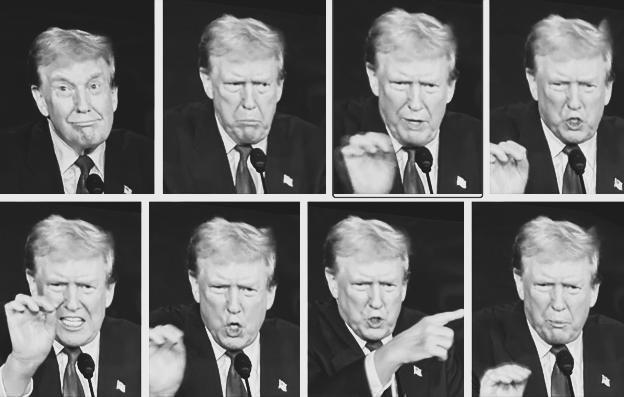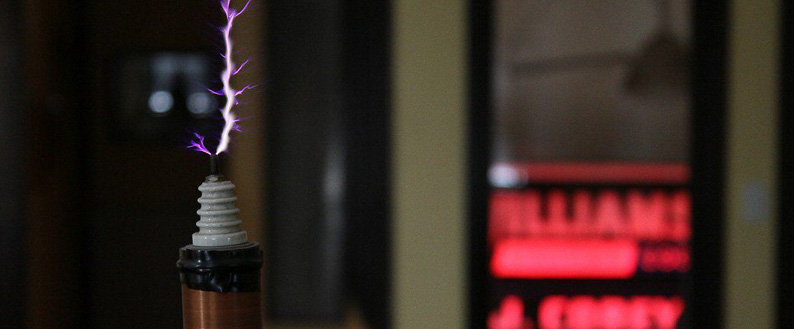Losing the Room: America’s Eroding Global Brand
By David Strand

There was a time when the United States didn’t have to say it was the leader of the free world—it just was.
Allies trusted us. Rivals respected us. Nations large and small aligned with us.
But somewhere between drone diplomacy, transactional treaties, and tone-deaf bravado, we stopped leading by example.
The world noticed.
And now—bit by bit, bond by bond—we’re losing the room.
The Global Brand of America—Then vs. Now
THEN:
- Post-WWII credibility as a liberator and builder (Marshall Plan, NATO)
- Economic powerhouse and cultural influencer
- Global standard-setter in diplomacy, human rights, innovation
NOW:
- Inconsistency across administrations (whiplash diplomacy)
- Isolationist language and unpredictable alliances
- Incidents that erode trust (Greenland/Denmark, mixed signals on Ukraine and China)
If America were a company, its brand equity would be in crisis. Think: a once-loved tech giant now known more for internal drama and broken promises than performance.
Cultural Trust in Business and Nations
In business, cultural alignment, consistency, and trust matter more than flashy promises.
Nations are the same way. Countries, like customers, choose who they align with based on trust built over time. If the brand is unstable, they’ll look elsewhere.
When cultural trust breaks down, business leaves. And when global trust breaks down, so do alliances.
What Happens If This Continues?
If this erosion continues:
• NATO weakens or fractures.
• Global trade and security deals exclude U.S. involvement.
• Tech and innovation hubs shift away from American influence.
• Young world leaders model themselves after other countries.
And the next generation of Americans? They may inherit a world where their passport doesn’t open doors—it raises eyebrows.
What are Today’s Teens Inheriting from Baby Booming Adults?
They’re inheriting:
• A shrinking influence on world diplomacy
• A reputation for unpredictability and self-interest
• Fewer trusted global partnerships
• And the challenge of rebuilding trust—if they still believe in America’s role at all
What We Can Do to Level It Out?
• Recommit to shared global values, not just domestic wins
• Reinforce cultural diplomacy—art, education, humanitarian work
• Prioritize global partnerships that stand the test of time
• Teach young Americans global citizenship, empathy, and historical context
• Model leadership that is consistent, credible, and calm—not just loud
Part 2: LERN Curriculum Module for Teachers and Professors
Module Title:
Global Trust and National Identity: How Countries Build—and Lose—their Influence
Learning Objectives:
• Understand the components of national identity and diplomatic influence
• Analyze the parallels between business brand equity and a nation’s global reputation
• Explore historical shifts in global alliances involving the U.S.
• Develop empathy-based strategies for international recovery and trust-building
Core Topics Covered:
• Historical positioning of the U.S. post-WWII
• Recent diplomatic incidents and erosion of global trust
• How national 'branding' works in geopolitics
• Youth responsibility in a shifting global order
Suggested Activities:
1. Write a speech: "It’s 2035. You're the Secretary of State. Rebuild our reputation in 3 minutes."
2. Timeline mapping: Create a cause-and-effect chart of major diplomatic missteps from 2000–2025.
3. Compare & Contrast: Choose another global power (e.g., China, Germany) and examine how they’re building trust or influence.
4. Group debate: Can America re-earn global trust without starting over?
5. Reflective journal: What kind of global citizen do you want to be?
Multimedia and Research Extensions:
• Watch: Fareed Zakaria's "The Post-American World" talks, such as: https://www.youtube.com/watch?v=Zs4zw1O_MYE
• Read: Recent news on shifting U.S. alliances (Ukraine, ASEAN, NATO)
• Research: Branding case studies in business—compare them to country/national behaviors
Closing Prompt to the Next Generation of Global Leaders:
What will your generation inherit if this continues? And more importantly, what can you do about it—even now?





